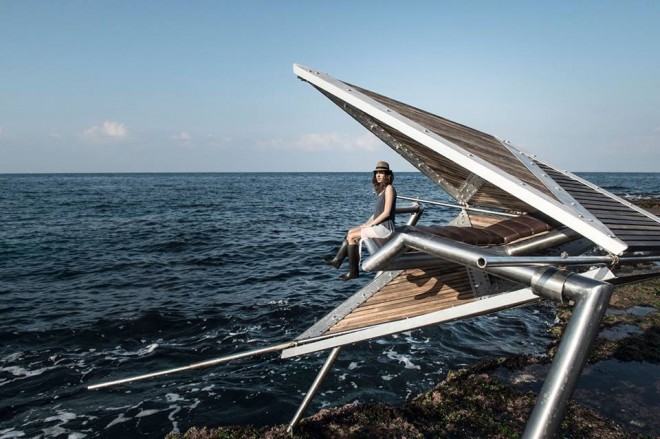 Remember the old days in Beirut when you could actually see the Mediterranean Sea? The crew over at Najjar & Najjar Architects remember, and they want it back! Their Kinematic IRIS sea pods are designed to not only provide refuge for residents living in the shadow of urban regurgitation, but to generate energy as well.
Remember the old days in Beirut when you could actually see the Mediterranean Sea? The crew over at Najjar & Najjar Architects remember, and they want it back! Their Kinematic IRIS sea pods are designed to not only provide refuge for residents living in the shadow of urban regurgitation, but to generate energy as well.
Before Beirut exploded into the concrete jungle that it is, people bought single level homes that overlooked the Mediterranean Sea. Now those people no longer have access to their spectacular views because of all the high-rises standing like a wall along the coast.
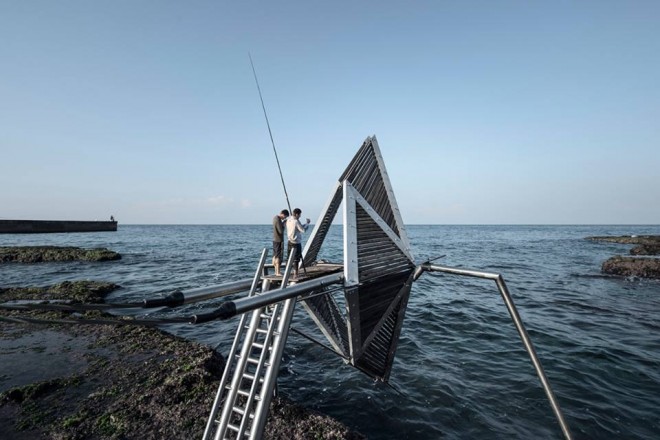 Najjar & Najjar Architects want to restore access not just to the views, but to the ability of locals to connect with their natural surroundings.
Najjar & Najjar Architects want to restore access not just to the views, but to the ability of locals to connect with their natural surroundings.
When most people move to the coast, it’s because they feel drawn somehow, because there is something about the sounds of the ocean and the fresh air that makes them happy. Overdevelopment has deprived that of Beirut residents of late – indeed of coastal people all across the globe.
Related: Lebanon’s Mediterranean Apocalypse – Diving in Waters Devoid of Life
Secured to a cliff, the pods are shaped like a cat’s eye flipped vertically. Users reach a spacious wooden platform via a tall metal ladder in order to engage with the sea. This can be a private, meditative space, or perhaps one for intimate gatherings.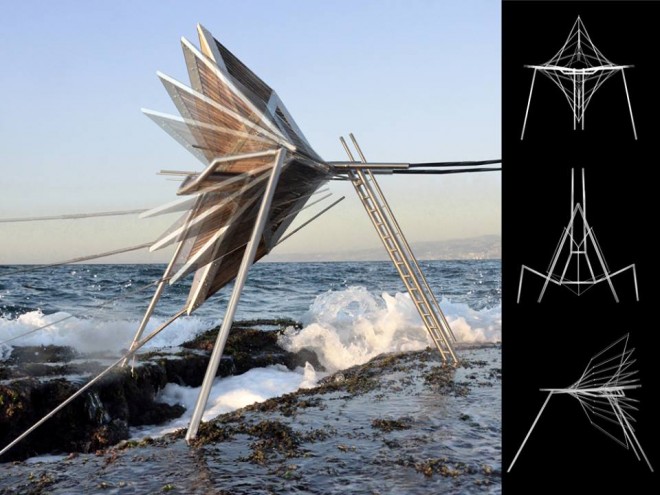 Standing on angled poles at the cliff’s edge, the kinematic structure connects with antenna to buoys at sea and propel ocean energy through a network of cables to produce energy for local inhabitants.
Standing on angled poles at the cliff’s edge, the kinematic structure connects with antenna to buoys at sea and propel ocean energy through a network of cables to produce energy for local inhabitants.
If you’ve been to Beirut during summer in the last few years, you know that power cuts are a frequent phenomenon. The pods act as a refuge and a piece of resistance architecture, but they also take a very small step towards greater energy resilience in the city.
“IRIS is an attempt at resisting the expropriation of Beirut’s open coastline, returning the sea back to the fishermen and the local habitants of the Ras Beirut district,” writes Najjar & Najjar’s Ieva Saudargaitė.
“Through architecture, it materializes the threshold condition between two very distinct, yet concomitant entities: the dense city and the open sea. Waves transform the kinematic structure into an experience of place and help harvest energy for the fishermen community.”

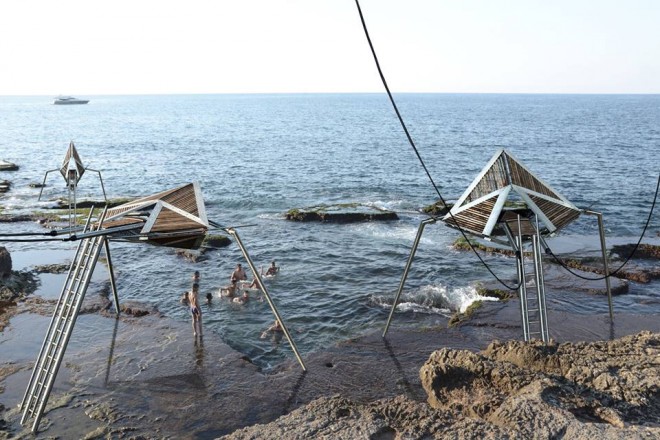
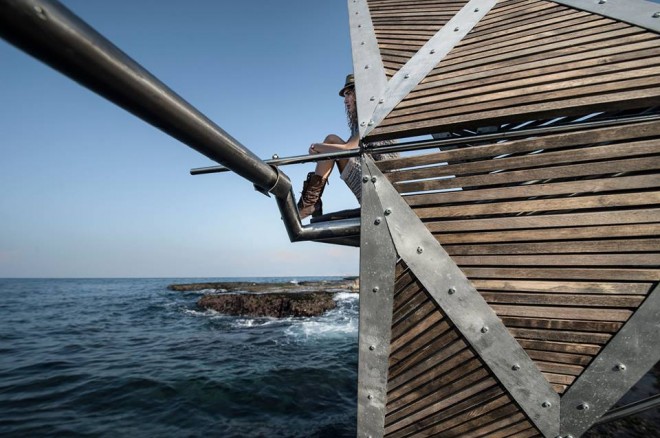
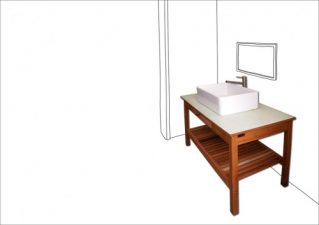
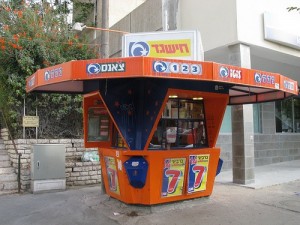
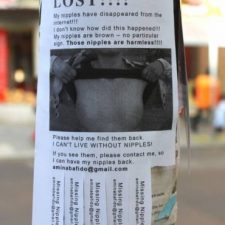
Comments are closed.